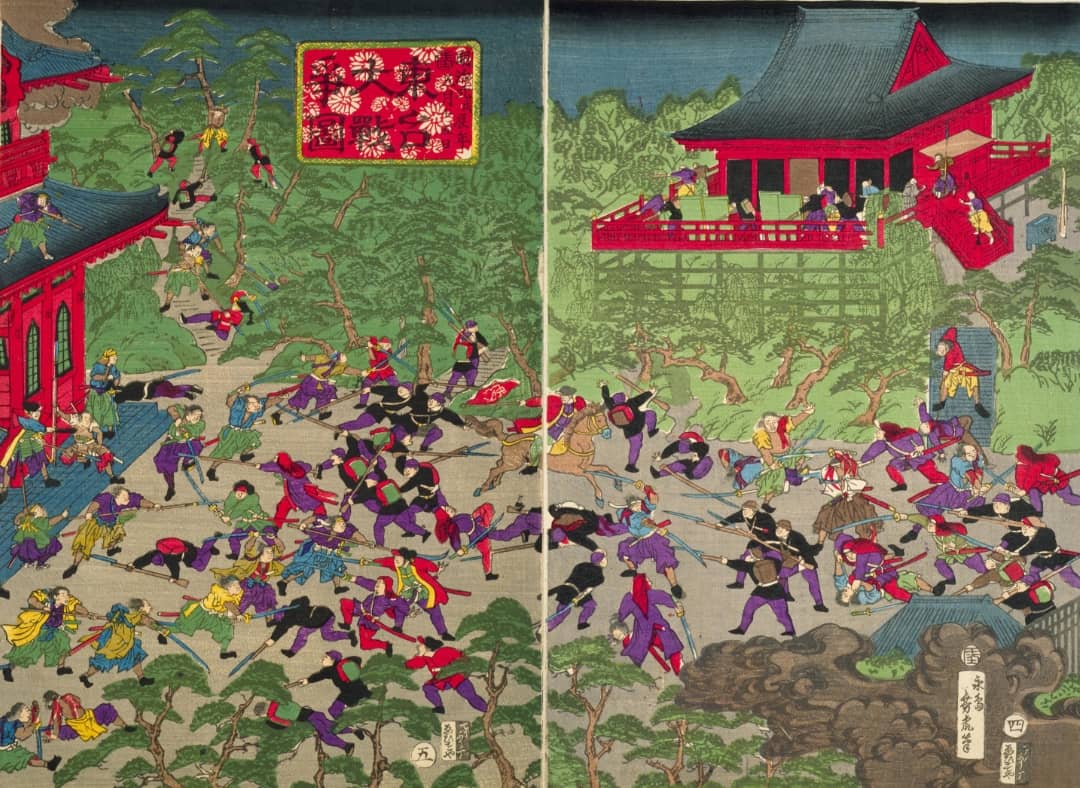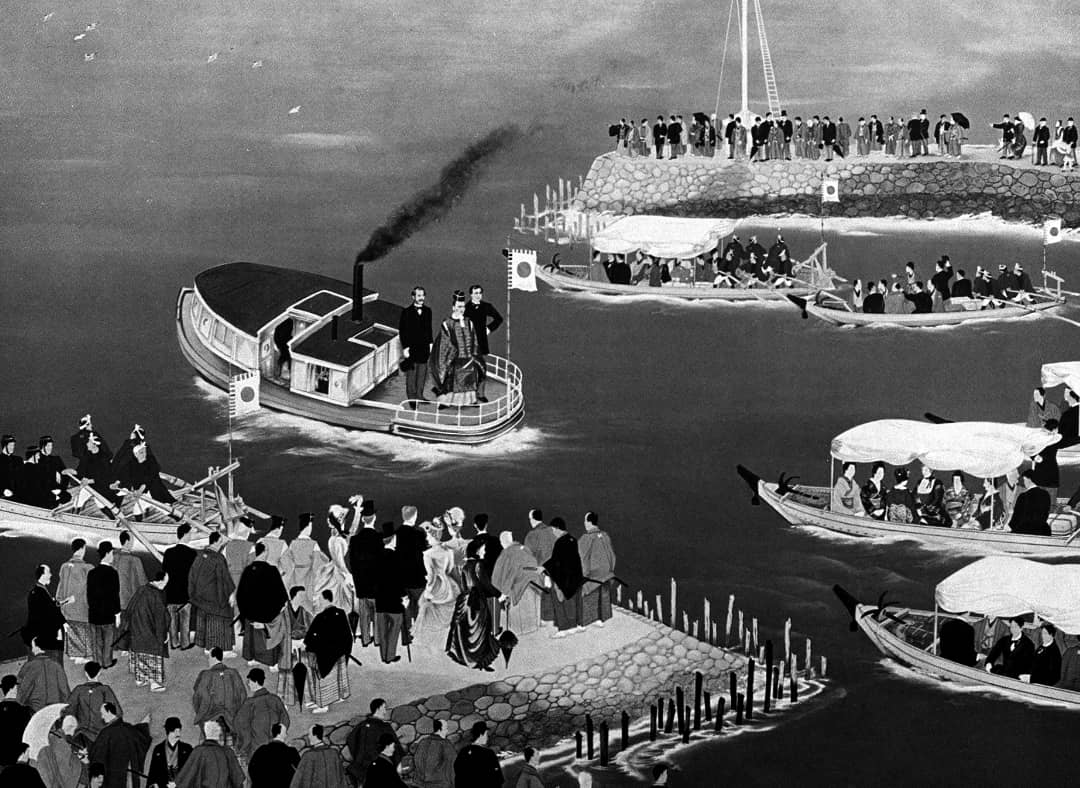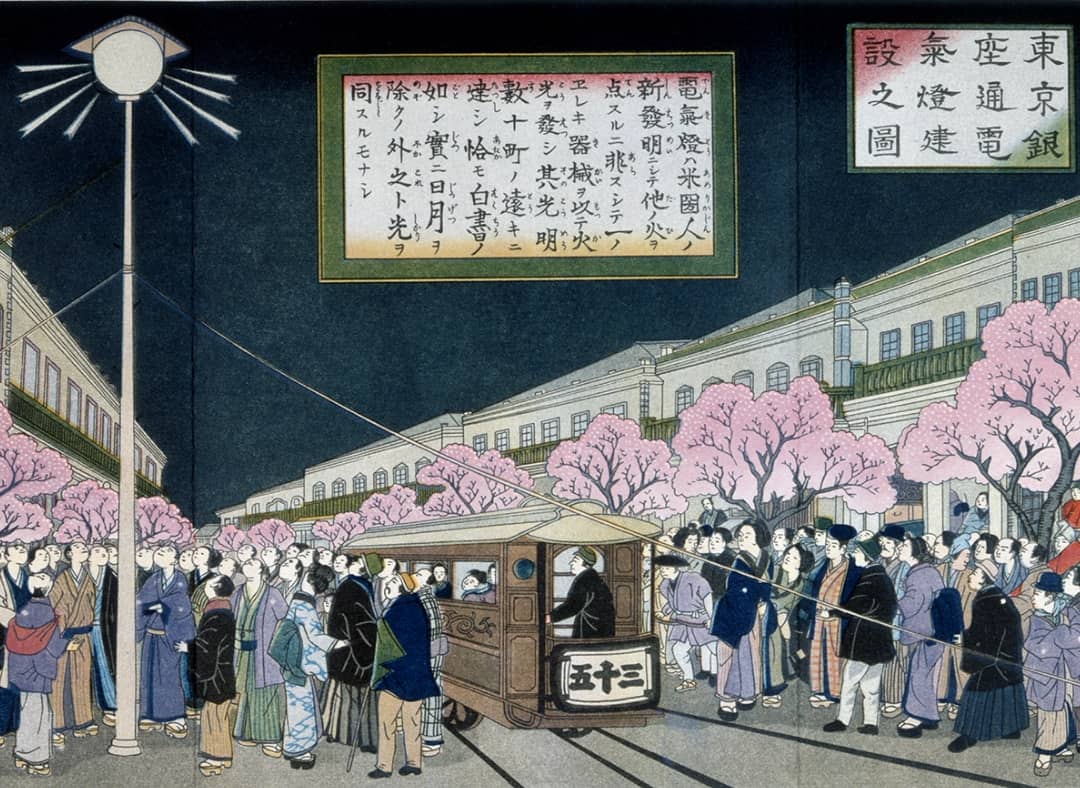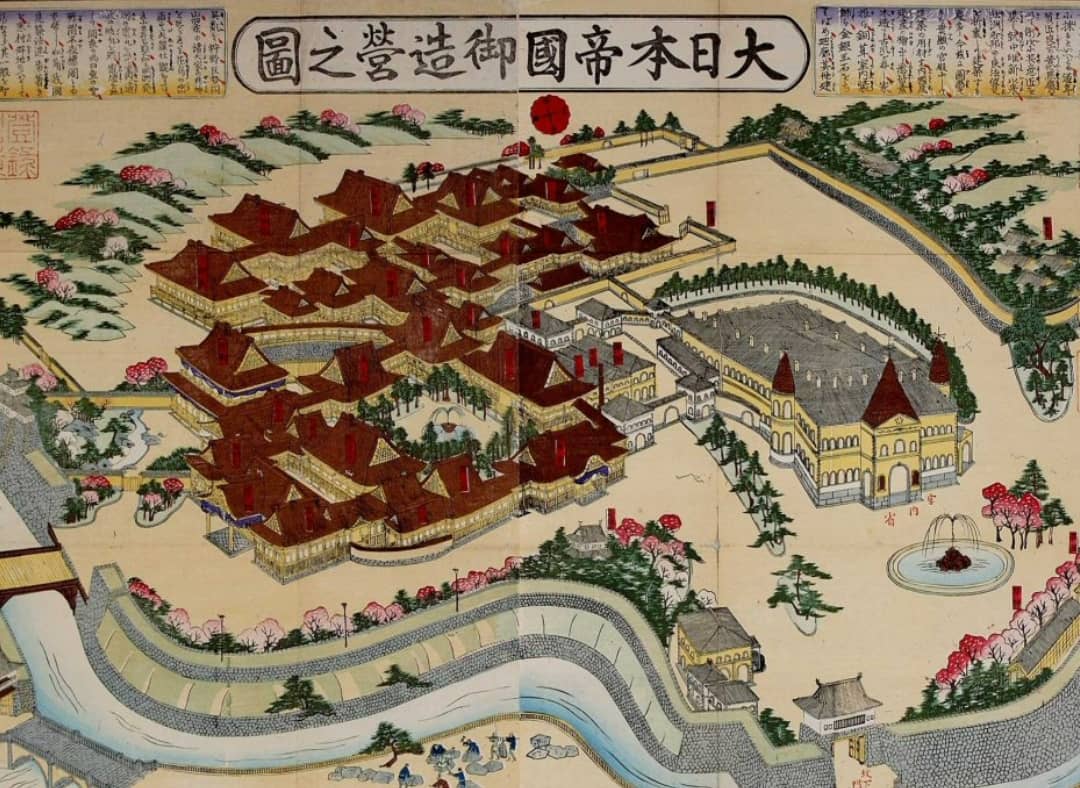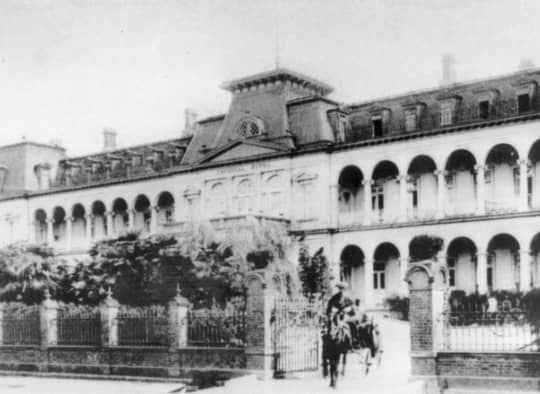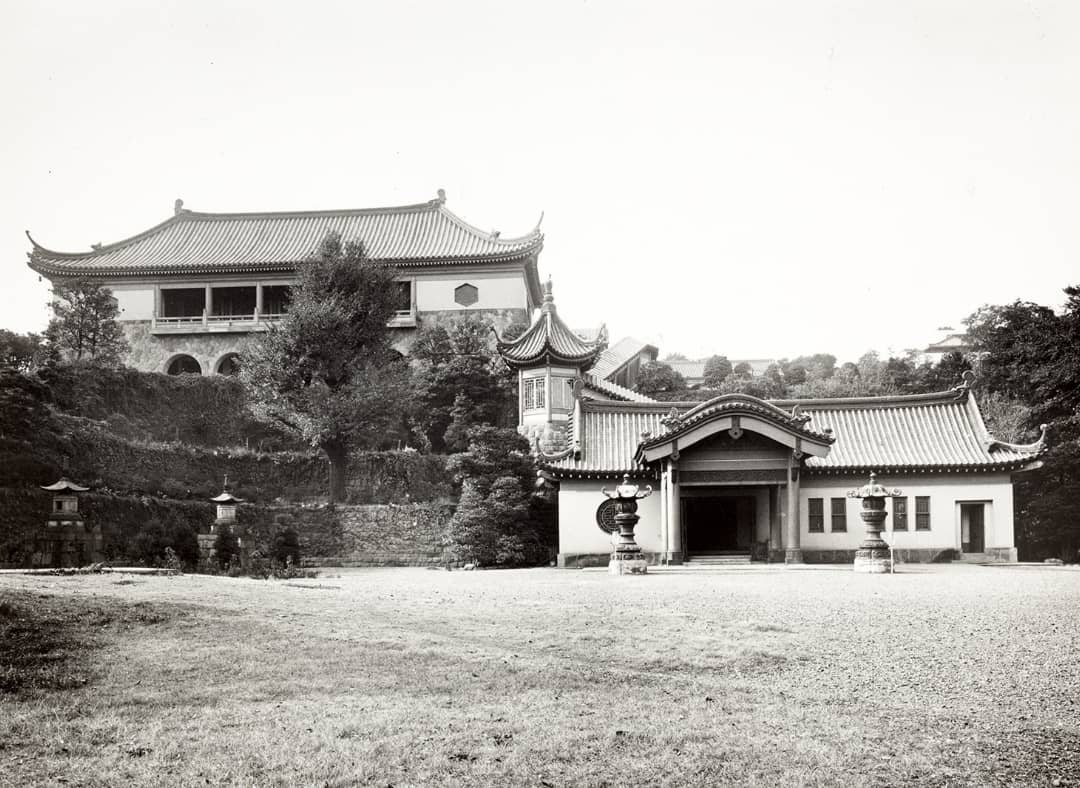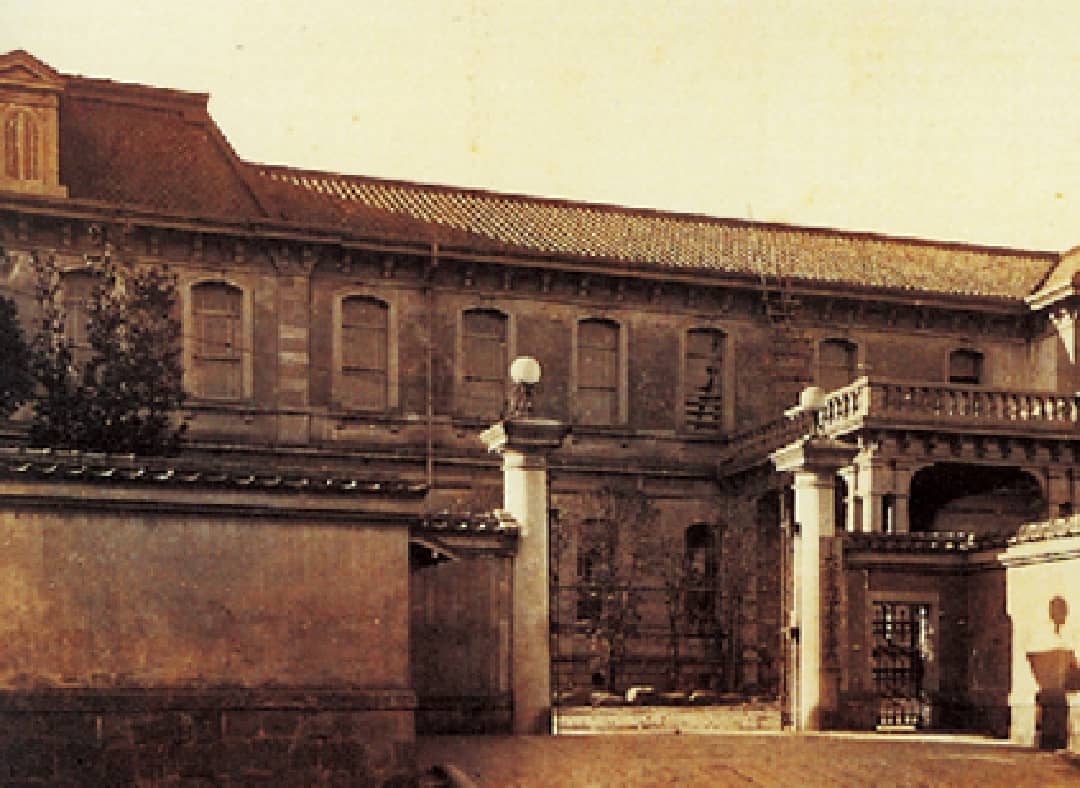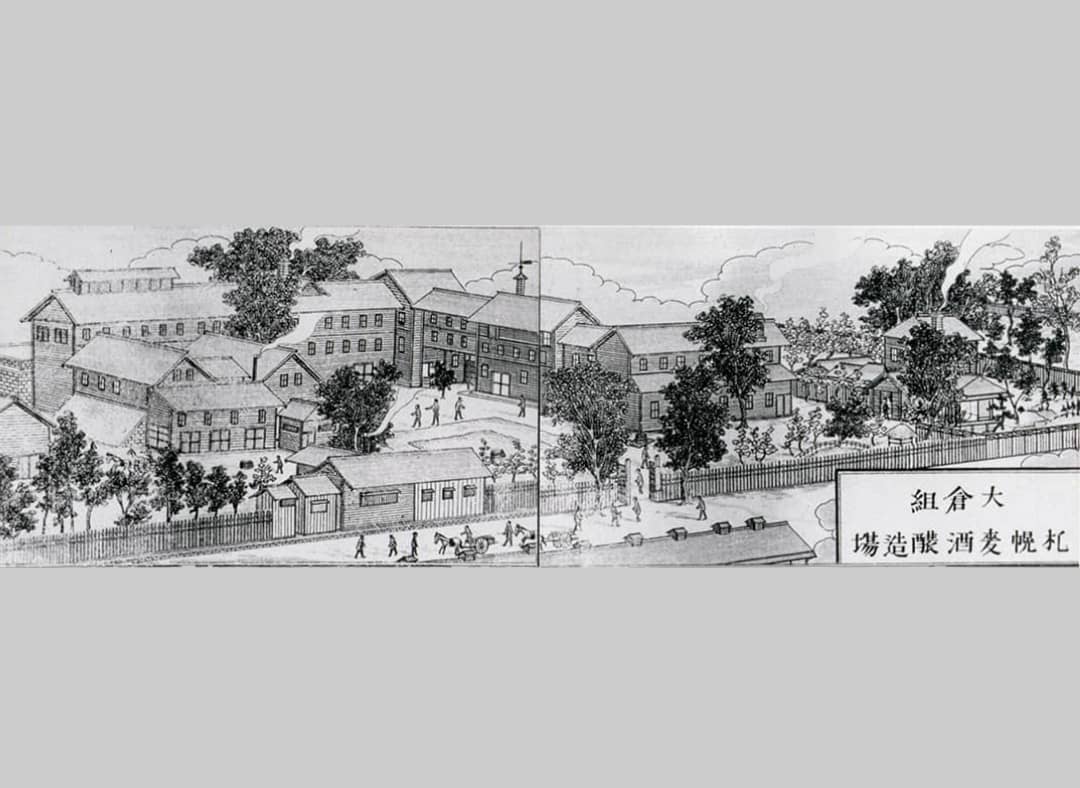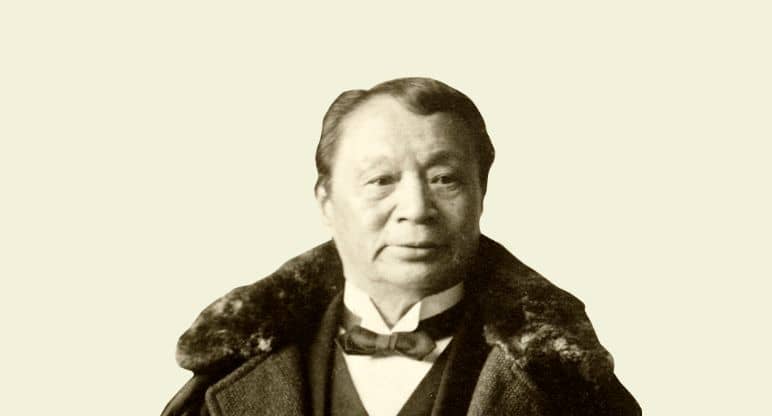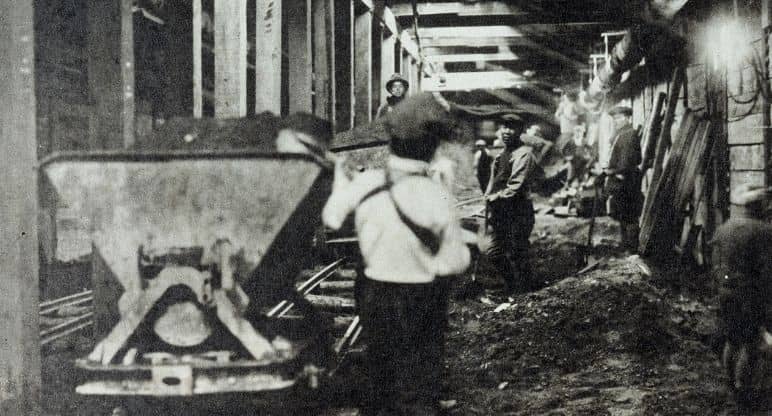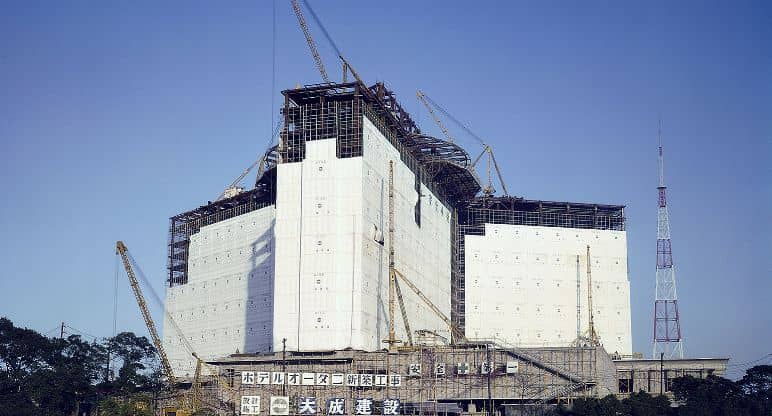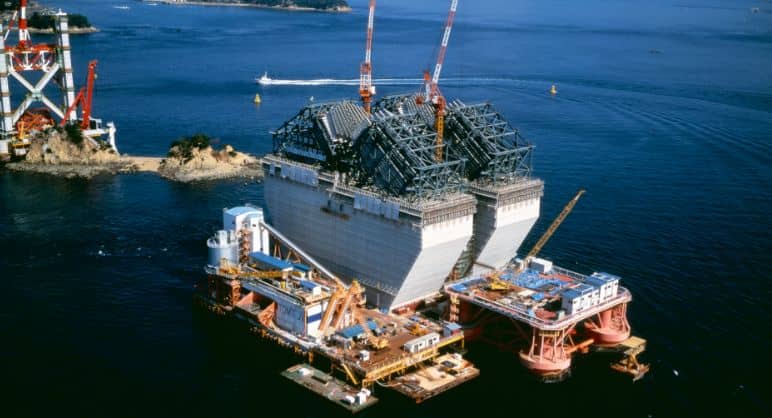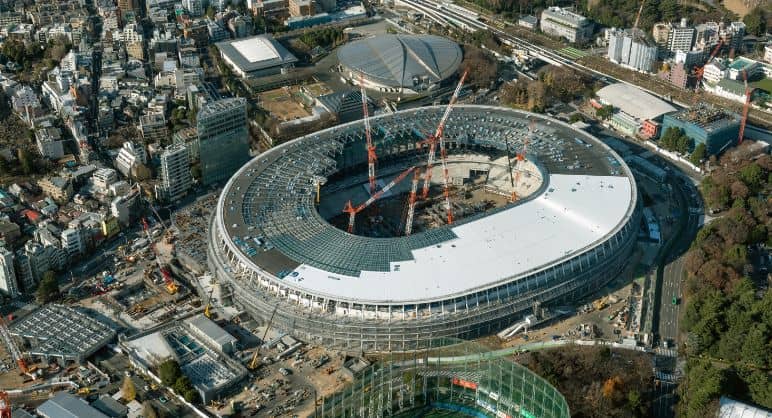His driving force―an unwavering spirit of venture
Kihachiro OKURA lived through his times with dauntless courage. Starting as an apprentice at a wholesaler of dried bonito, he worked for a grocery store and then a gun dealer. Subsequently, in 1873, he established Okura Gumi Shokai, which dealt with importing, exporting, commerce, civil engineering, and building construction. This was the origin of Taisei Corporation. In 1887, based on the civil engineering and construction division, Nippon Doboku Co., Ltd., which was the predecessor of Taisei Corporation, was established. This was Japan’s first corporation in the construction industry. He also dealt with highly diverse types of other businesses, including those related to electric power, woolen textiles, beer brewing, lumber and paper manufacturing, hotels, and education. Until his peaceful death at 92, he contributed greatly to Japan’s modernization.
Professor MURAKAMI says, “The dynamic power of Kihachiro OKURA, a successful merchant, had its origin in his relentless spirit of venture. He was not satisfied with success in a single business area.
He not only ran new businesses but also continued to pursue new areas in which he was interested and he always played an active and vigorous role at all times. He kept on moving forward again and again. He was the embodiment of the spirit of venture.
This would be his greatest attraction, and it served as a key of success.”
Three elements leading to business success
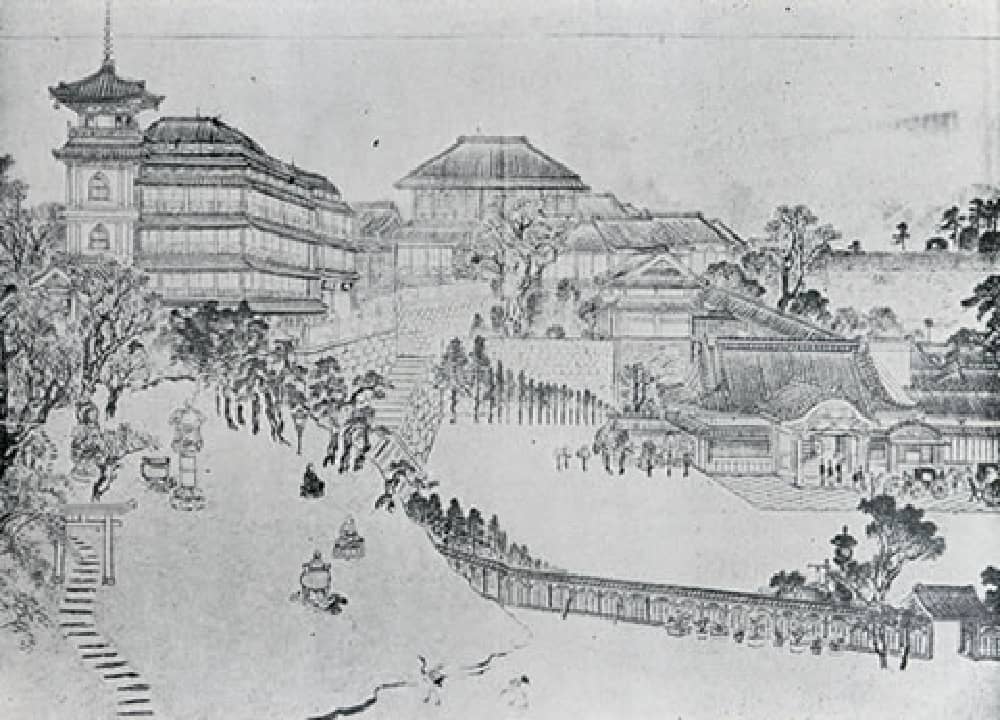
OKURA lived energetically during a period in which everything drastically changed. The Meiji era was a time in which modernization took place with extraordinary speed, and there was a shift away from the feudal system that had been in place during the preceding Edo period. How did he exercise his spirit of venture during such a chaotic period?
“The English term ‘venture’ has an implication of adventure together with significant risk. OKURA did not come to the fore through reckless action. Rather, he moved into action with courage while learning to understand the times, after careful consideration. I believe that the spirit of venture comprises three elements: an adventurous spirit; insight; and pioneering spirit. Making full use of these three, OKURA moved ahead with his work.”
His adventurous spirit came first. OKURA responded to the demands that most people would be hesitant to do, and carried out many tasks. For example, when Korea suffered a great famine in 1877, at the request of Lord of Home Affairs Toshimichi OKUBO, he delivered relief rice. When this took place, procedures for passing on the rice took a great deal of time, and the ship returned home, leaving him with his workers in Korea. So, he obtained a squid fishing boat in Korea for their use. The passengers encountered a severe storm in the Genkainada Sea and barely made it home alive. OKURA felt ready to die, but he completed his mission.
“With his courageous behavior, he earned great trust from the Meiji government, along with a sterling reputation. OKURA was often criticized as a merchant who rose through the use of political connections. However, he would not have been called this unless he had the ability to complete missions that fully satisfied the government.”
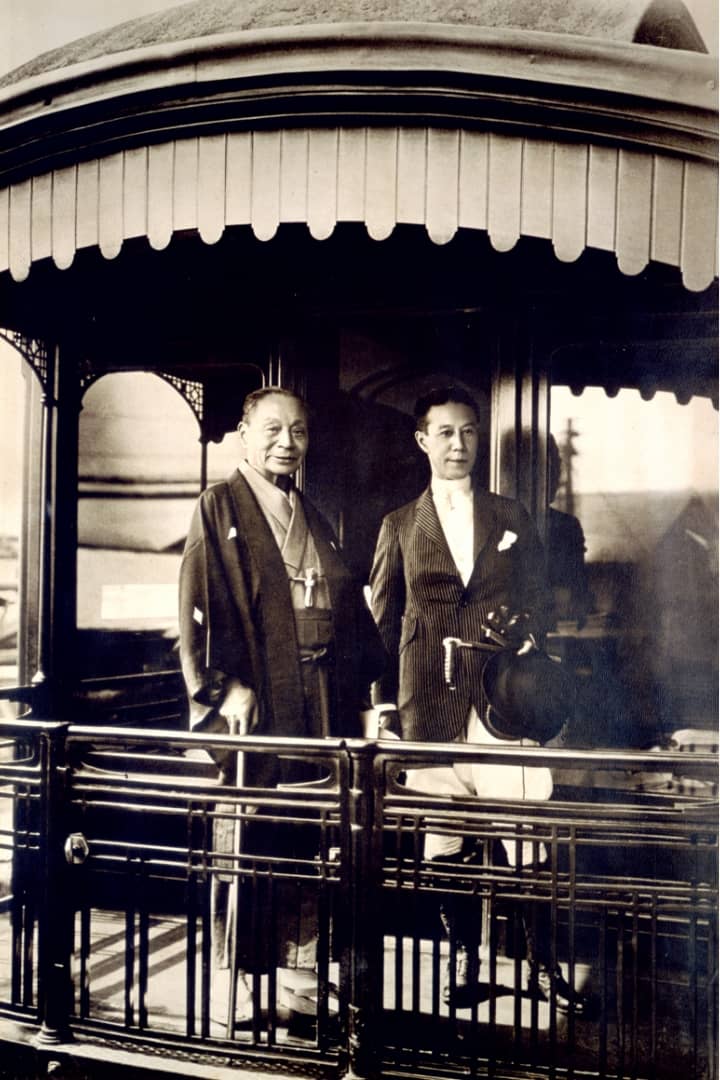
Furthermore, he had the sharp insight necessary to foresee the future. “OKURA had been respectably successful in the area of dried foods. However, when he saw the Black Ships (i.e., Western ships that came to Japan at the end of the Edo period) closely with his own eyes in Yokohama, in anticipation of domestic upheaval, he changed his line of work and became a gun dealer in the year before the Meiji Restoration. Moreover, during a long-term overseas inspection tour, which he was the first civilian to make, he learned about advanced principles of corporate organization and industrial production, and he opened the London branch, which was Japan’s first such overseas branch. Okura’s business penetrated mainland China as well as Europe and the U.S., and he built extensive personal connections.” In addition to making accurate judgment of situations as described above, he was a man of decisiveness and action.
Professor MURAKAMI says, “OKURA quickly launched business related to steel and iron in the former Manchuria that other zaibatsu at that time had not dealt with much. He did not allow employees to postpone the original schedules of their business trips. He realized how important prompt action was in order not to lose sight of chances.” He was full of a pioneering spirit as well. “He was involved in launching business activities for manufacturing wool-based textiles and large-scale beer brewing in the private sector, which had not existed in Japan prior to that time. He founded a modern civil engineering and construction company (that is, Nippon Doboku Co., Ltd., which was described above) with superior engineers. As such, he unflinchingly took on unprecedented challenges. Moreover, OKURA moved ahead with construction work for the first subway in Asia (which ran between Ueno and Asakusa, as part of the Tokyo Underground Railway) in the midst of the chaos caused by the Great Kanto Earthquake. He personally encouraged his employees, and the construction was completed by Japanese people, without the help of foreigners. OKURA was a powerful motive force in Japan’s modernization.”
Careful, scrupulous preparation supporting bold action
Professor MURAKAMI emphasizes, “His aggressive dynamism is a key element in understanding OKURA. However, his conspicuously bold behavior was accompanied by thorough prior investigation and observation.” “For OKURA, ‘ambition and boldness’ and ‘preparation and meticulousness’ were both indispensable principles of his business. He adored Sun Tzu’s The Art of War, especially the following passage: ‘The good fighters of old first put themselves beyond the possibility of defeat, and then waited for an opportunity to overcome the enemy.’ As such, he considered that the shortest way to victory in business was to put himself in a state in which he could not be defeated—that is, a state of optimal readiness.” Nevertheless, of course, he also experienced failures in some of his business projects. “What fascinates me is that even when he failed, he did not worry about it excessively. He said, ‘Every time failure happens, if you are disappointed, you cannot triumph. You should not worry about failure itself but rather pursue its cause and deal with the situation.’ I would really like young people to have this kind of spirit.”
Fulfilling his responsibility at the risk of his own life
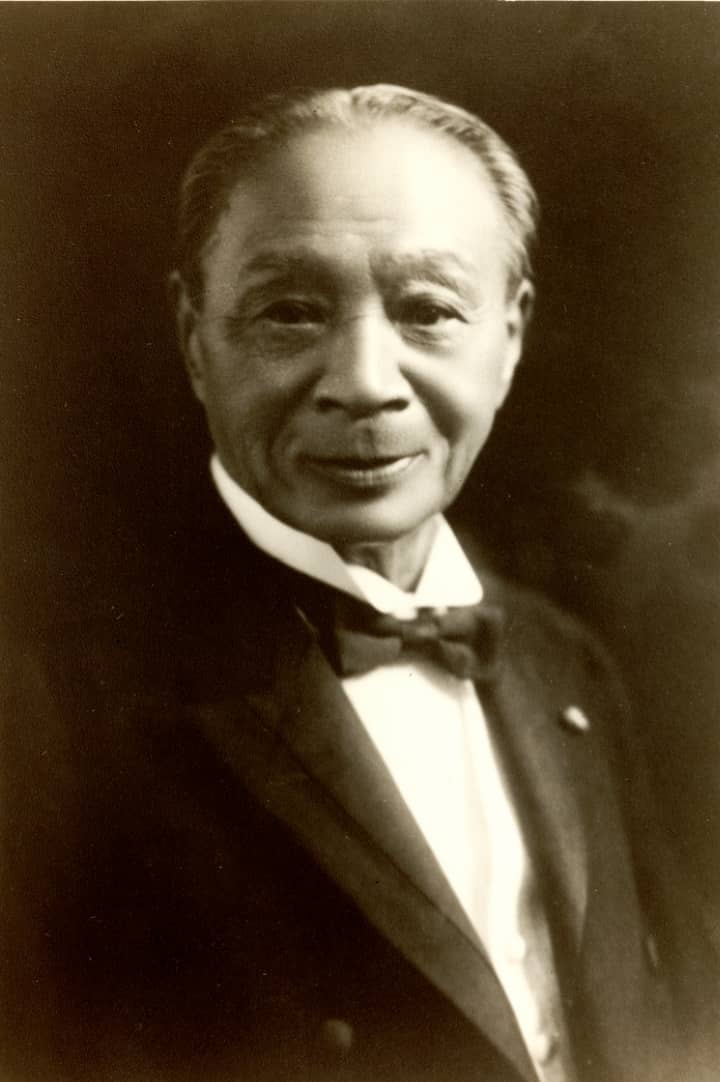
Another thing that mattered to him was “OKURA was inclined to the Sekimon Shingaku thought of Baigan ISHIDA, who was both a theorist and a merchant. The theory explained that true business involves respect to both the counterparty and one’s own self. This would allow both to gain benefits. It also encouraged the respect of virtues such as honesty, credibility, thrift, and diligence. OKURA said, ‘respect the life of words.’ That is, people should be responsible for what they say. He tried to protect this ‘life’ at the risk of his own life in all aspects.” gaining credibility from his clients. Our business started from a passion for business, and the belief lit by OKURA was steadily developed. It has since expanded throughout the world. “The philosophy of Tokyo Keizai University established by OKURA celebrates the venture spirit and globalism. I believe that this philosophy can be shared with today’s Taisei Corporation, which is attempting large projects all over the world. The term chomai is included in the posthumous Buddhist name of Kihachiro OKURA, which is the origin of the corporate name. This term means that no matter how difficult a situation is, one has the courage to keep on moving forward. I would like you to exercise this spirit of OKURA on the world stage.”
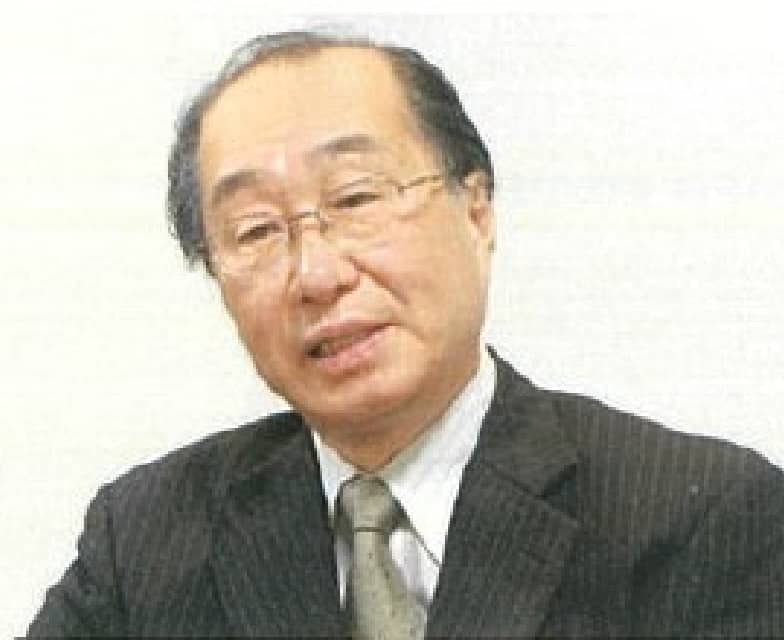
Katsuhiko MURAKAMI
He was born in Tokyo in 1942. After completion of a graduate degree at the University of Tokyo, he was a full-time lecturer at Tokyo Keizai University, a visiting professor at the University of International Business and Economics (Beijing, China), and a visiting researcher at Peking University and Fudan University. Subsequently, he assumed professorship at Tokyo Keizai University in 1989. He served as the head of the Faculty of Economics at Tokyo Keizai University during the period from 1996 through 1998. He was the president of the same university during the period from 2000 through 2008 and the chairperson there during the period from 2008 through 2011. He currently serves as a professor emeritus at Tokyo Keizai University and is the president of the Okura Cultural Foundation.

